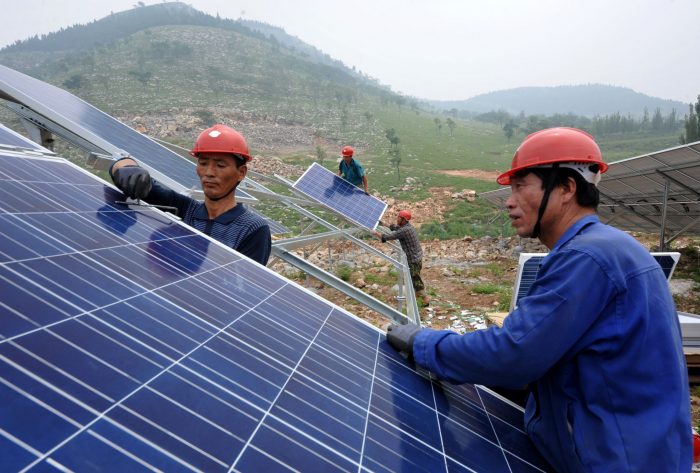A pro-China propaganda campaign used fake social media accounts to stir up opposition to Western rare earth mining companies (which could be competitors to Chinese companies), prominent US-based cybersecurity firm Mandiant said in a statement posted to its site on Tuesday.
Politically motivated social media disinformation campaigns have become common, but an operation specifically targeting one industry of strategic importance to China is new.
The digital campaign, which Mandiant referred to as Dragonbridge, flooded Twitter and Facebook with posts raising environmental and health concerns about three major mining firms: Australia’s Lynas Rare Earths, Canada’s Appia Rare Earths and Uranium Corporation, and USA Rare Earth.
China’s Computer Emergency Response Team (CERT) and embassy in Washington did not respond to a request for comment.
Lynas and Appia said they first heard of the campaign from Mandiant. “We tried to investigate what happened but we couldn’t figure out anything,” Appia chief executive Tom Drivas said.
USA Rare Earth, as well as social media firms Facebook and Twitter, did not respond to requests for comment.
The bogus social media accounts became more aggressive after the latter two firms publicised new mining plans, Mandiant said.
ALSO IN AF: Google pulls 2,500 China-linked YouTube channels over disinformation
The report said the campaign against Lynas called for protests over its planned construction of a rare earths processing facility in Texas. While no protests occurred, the bogus accounts posted photos of unrelated, older protests in Malaysia.
Some posts specifically criticized US President Joe Biden’s moves to cut US reliance on Chinese minerals.
China dominates the global market for rare earth elements – a critical geopolitical leverage, foreign policy experts say.
“An operation like this requires a well-funded and well-staffed entity,” said John Hultquist, Mandiant’s vice president of intelligence.
Mandiant said it lacked enough data to attribute the activity to a specific known actor.
While the campaign’s impact appeared limited and most of the social media accounts were recently removed, Hultquist said it could mean other business competitors to China will be similarly targeted in the future.
Some of the fake accounts invaded a public, environmentally-conscious Facebook group to allege the mining firms and the US government were trying to expose local populations to radioactive contamination.
“This is a particularly interesting case because they’re co-opting existing political movements and attitudes to gain support for their strategic goals,” said Dakota Cary, a security consultant focused on China at the Krebs Stamos Group.
- Reuters, with editing by Neal McGrath
ALSO on AF:
China’s Weibo to Fight ‘Bad Behaviour’ by Adding User Location
China Rebukes WeChat, Multiple Other Apps for Data Transfer Violations
Tencent to Inspect WeChat’s ‘Youth Mode’ after Prosecutors Initiate Lawsuit
WeChat Upgrades its Security, Registering New Users Again
























